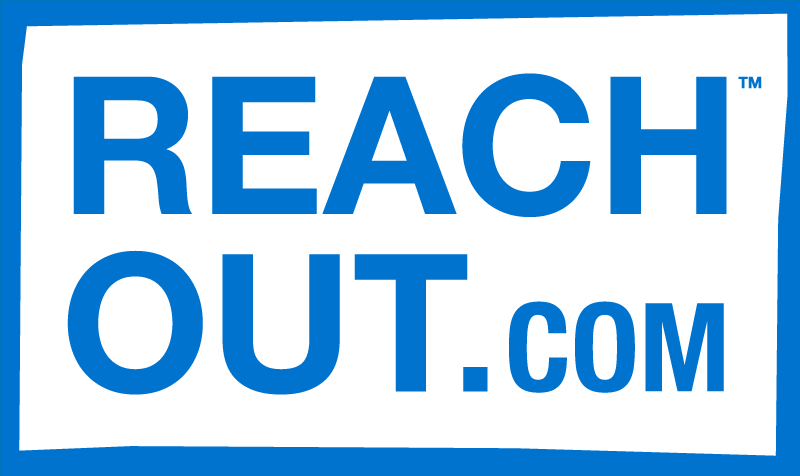Can Robots / Androids have a Soul ?
Posted by: Hartmut
12th Aug 2013 02:11pm
Assuming that a Soul chooses a body into in which it will incarnate, I think it may be possible that it may choose a body which is a combination of biological and machine / computer. After all we are
also a biological machine, so it may be possible that a Soul chooses a near indestructible body and of superior (computer) intelligence.
also a biological machine, so it may be possible that a Soul chooses a near indestructible body and of superior (computer) intelligence.
You must be a member to reply to this chat topic. Click here to sign in.
Help Caféstudy members by responding to their questions, or ask your own in Café Chat, and you will get the chance of earning extra rewards. Caféstudy will match these and donate equally to our two chosen Australian charities.

Australian Marine Conservation Society are an independent charity, staffed by a committed group of scientists, educators and passionate advocates who have defended Australia’s oceans for over 50 years.
ReachOut is the most accessed online mental health service for young people and their parents in Australia. Their trusted self-help information, peer-support program and referral tools save lives by helping young people be well and stay well. The information they offer parents makes it easier for them to help their teenagers, too.


Comments 3
Hartmut
Although in the future there will be many shapes and sizes of intelligent Robots etc., for this discussion I am thinking more of a biological , cloned, 'man-made one. Perhaps like the one Rudger Hauer portrait so superbly in 'Blade Runner' :
http://www.youtube.com/embed/VupxqjTGAyk
Hartmut
Hi Sagacious,
You made lots of good points, but scientiests are not a kind of 'holy grail' to know what a Soul is.
The whole soul & thoughts area is difficult for anyone to explain with words because words are of the physical world, while thoughts, ideas, visions etc, pop into our brains from some unexplainable non-physical level or dimension.
To your point that a robot might have a primitive soul, I would say, if a soul can choose to incarnate into a Robot then IT would be of the same quality / essence as if IT would incarnated into a human (or animal).
And as such would do all the same clever or stupid things we human incarnated souls do.
In my opinion, our body, or a robot's body is just a vehicle to get a Soul around in our physical world.
As I see it, value for money does not come into it. If it is possible that a soul can incarnate into a Robot/Android than it would be merely another experience / option for a Soul to learn and advance from.
Sagacious
Well, I suppose it depends on what you call a soul... I think what we call a soul is merely a sense of identity of ourselves and so we perceive it as part of ourselves but also distinct. This comes back to Decartes, good old doubty!, and his idea of dualism of the human, mind and soul separate from body. The reality though is that science is telling us that the idea of the mind, and therefore the soul, is merely an emergent property of our total being. The removal of the heart in some people can change their personality, after a new one is inserted(obviously). .
Therefore to be functional, a robot might require to have a sense of self and therefore this will be a primitive soul. Will it be a soul like we imagine we have? Probably not, but it will be a sense of self nonetheless. We will probably generate control systems on the robot entity by giving them a sense of a robot heaven (of course there is a robot heaven... where do all the calculators go?) but this will be a programming issue to make sure they do not rebel or go Skynet on us.. or Battlestar Galactica new series on us...
These concepts of religious dogma often relate to ways to control the individual within a monotheist society but does this option represent good value for money in a pluralist society?